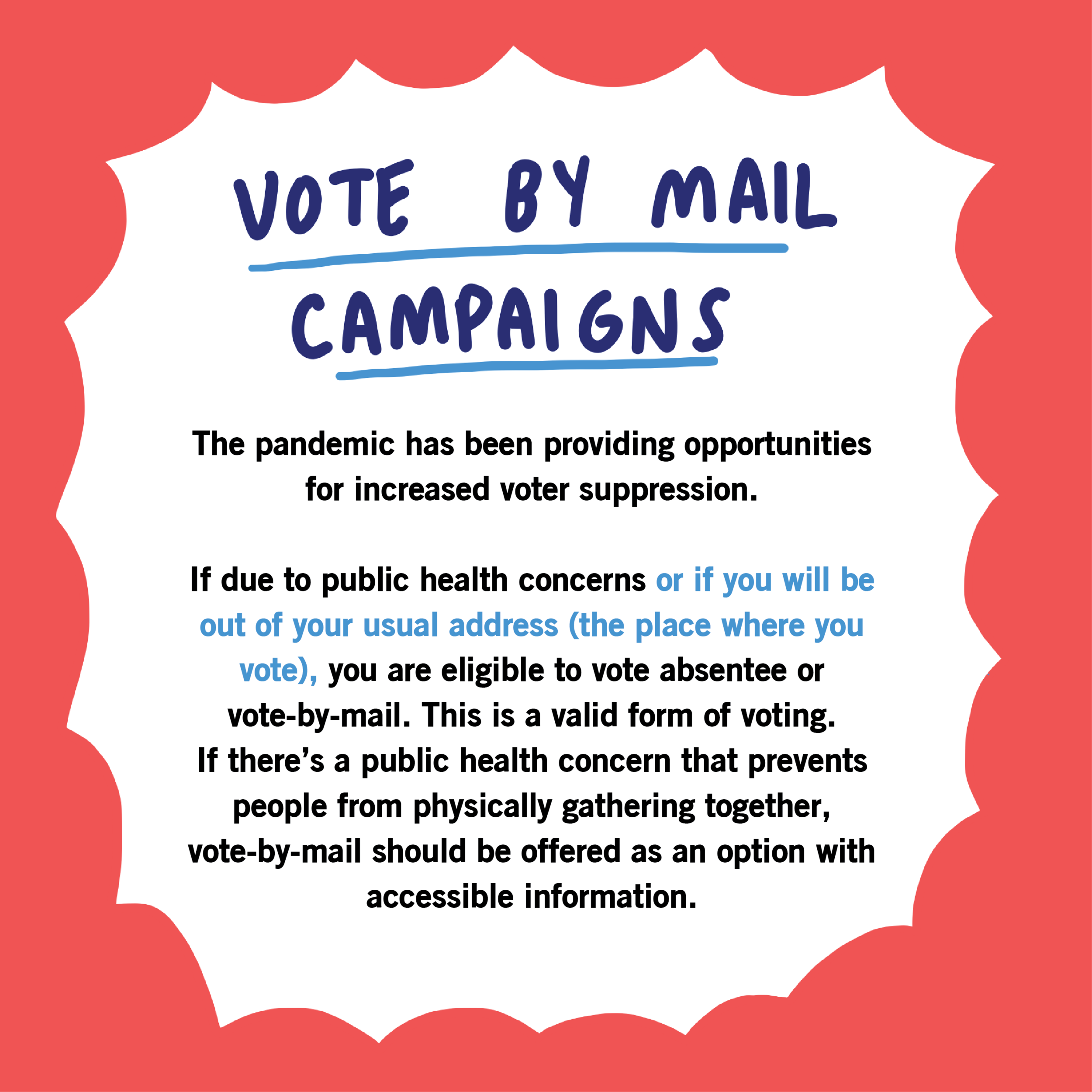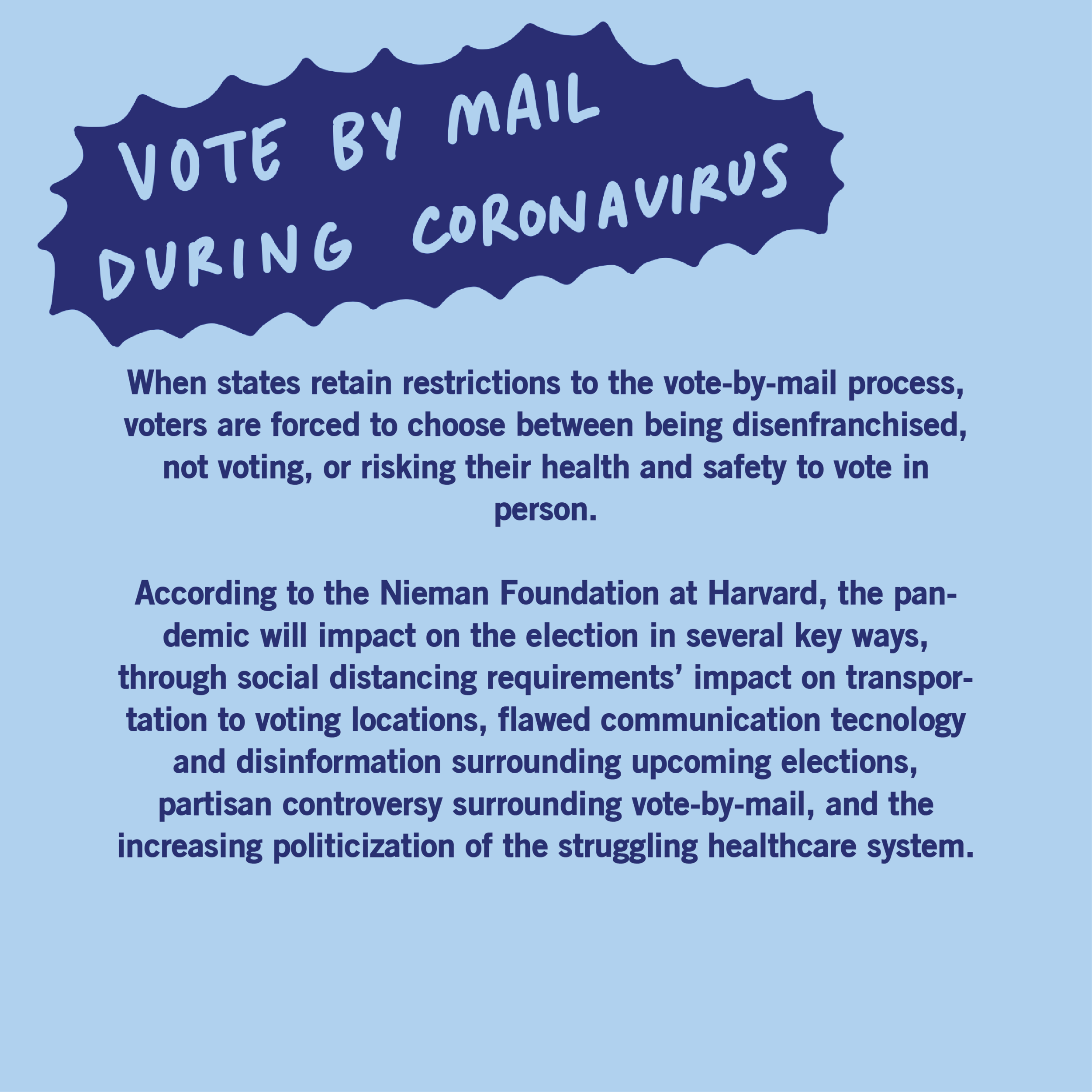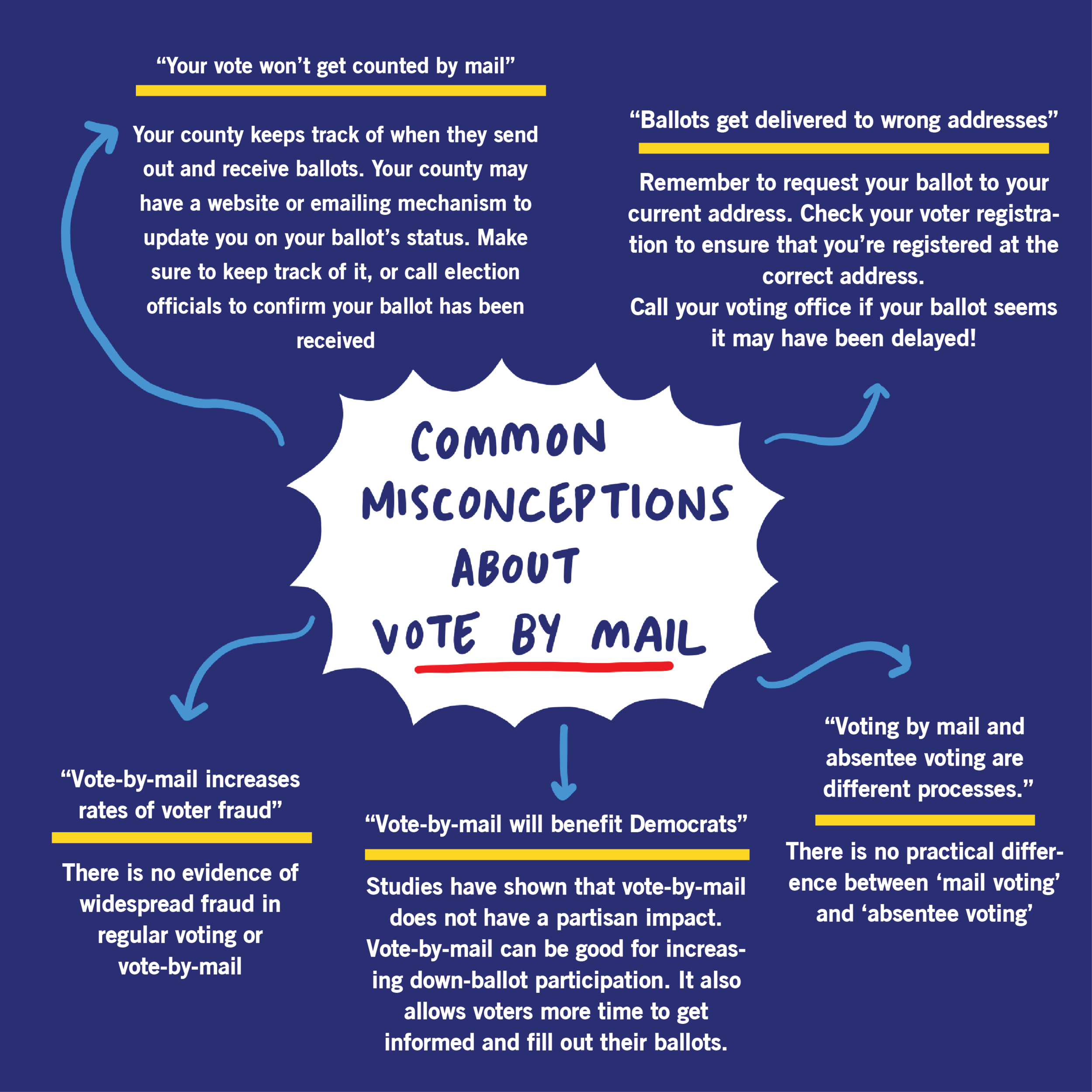Get Informed
If you’re not registered to vote and you’re eligible to do so, please go register before revisiting this page.
Remaining informed is a central part of civic engagement. Making time to read the news and educate yourself about issues that affect your community can inform the decisions you make on your ballot. To learn more about your current representatives and candidates, feel free to look through some of the resources below, in addition to conducting further research on your own.
Some factors you may want to take into consideration as you research your candidates:
The candidate’s website and their stated stances on the issues
Endorsements and donors
News sources (both local and national) that provide coverage about your representatives/candidates and their policies
Nonpartisan or nonprofit organizations (including some of the ones listed below) that may have compiled policy databases and other useful information
2022 Candidates
For a preview of what your ballot will look like, for both local and national elections, visit VOTE411.
To learn more about candidates’ and current government officials’ legislative records, use GovTrack.
To learn more about the 2022 midterm candidates and to find out more about your ballot, visit Ballotpedia.
To learn more about campaign donors and how they may influence your candidates’ policy, visit OpenSecrets.

















